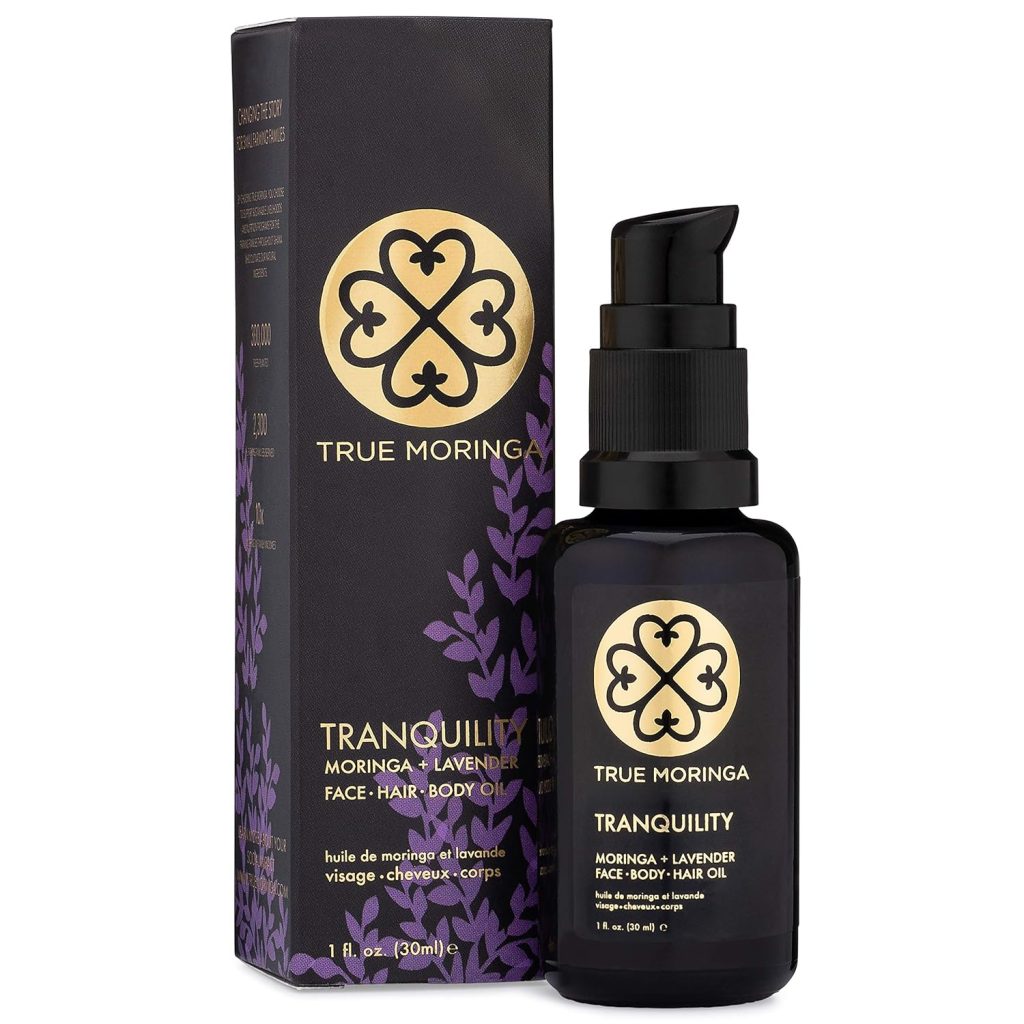Moringa, often called the “miracle tree,” has been a staple in herbal medicine for centuries, prized for its numerous health advantages.
Many of our viewers are wondering if Moringa is good for digestion, and based on scientific research, we’ve found that Moringa stands out for its remarkable ability to promote gut health and enhance digestive function.
This can be attributed to its rich content of antioxidants, vitamins, and minerals, as well as anti-inflammatory and antimicrobial properties. Moringa has remarkable effects on gut bacteria and supports healthy digestion. Let’s learn how Moringa helps with digestion.
How Does Moringa Help with Digestion?
Ancient medical traditions, such as Ayurveda and Moringa, are known for their anti-inflammatory properties. They are believed to effectively prevent or treat conditions such as stomach ulcers, liver disease, kidney damage, fungal infections (like candida), digestive issues, and infections.
Moringa oil, widely used, is renowned for aiding liver function and cleaning the body of toxins, including heavy metals. Additionally, it’s thought to help combat kidney stones, urinary tract infections, constipation, fluid retention (edema), and diarrhea.
Scientific Evidence: The Positive Impact of Moringa on Digestive Health
Research indicates that the fibrous pods of Moringa can aid in digestive health and potentially reduce the risk of colon cancer. They achieve this by encouraging regular bowel movements and maintaining overall gut well-being.
Additionally, Moringa leaves have been found to have a laxative effect, making them a Moringatial option for relieving constipation. Furthermore, research indicates that Moringa can reduce stomach acidity by approximately 85%, suggesting a protective effect against peptic ulcers by mitigating the risk of ulcer formation and promoting gastric health.
Exploring How Moringa Benefits Digestion
Moringa, a plant known for its diverse health benefits, offers notable support for indigestion. Here’s how Moringa aids digestive health:
High Fiber Content
Moringa leaves, pods, and seeds contain plenty of dietary fiber. Fiber is crucial for digestion as it helps to bulk up stool, encourage regular bowel movements, and prevent constipation. Consuming Moringa as part of a balanced diet can help support moringa regularity and overall gut health.
Prebiotic Properties
Moringa contains compounds that act as prebiotics, nourishing beneficial probiotic bacteria in the gut. By supporting a healthy gut flora balance, Moringa improves digestion and nutrient absorption. A thriving gut microbiome is essential for optimal digestive function and overall well-being.
Anti-inflammatory Effects
Persistent inflammation in the digestive tract can result in different digestive issues. Moringa possesses anti-inflammatory properties attributed to its bioactive compounds, such as flavonoids and polyphenols. By reducing inflammation in the gut, Moringa helps alleviate symptoms associated with digestive conditions and supports overall digestive health.

Antimicrobial Activity
Moringa exhibits antimicrobial properties, which can help combat harmful bacteria, viruses, and parasites in the digestive tract. By targeting pathogenic microorganisms, Moringaa promotes a healthy microbial balance in the gut, preventing gastrointestinal infections and supporting optimal digestion.
Ulcer-Protective Effects
Peptic ulcers, characterized by open sores in the stomach lining, can disrupt digestion and cause discomfort. Studies have shown that Moringa can reduce stomach acidity, thereby preventing the development of peptic ulcers and promoting gastric health. Moringa’s ulcer-protective effects contribute to its overall support for digestive well-being.
Conclusion
Adding Moringa to your diet as a part of a healthy lifestyle can offer significant support for digestion. Whether you take it as a supplement or include it in your meals, Moringa provides a natural and efficient method to boost digestive health and overall wellness. However, consulting with a healthcare professional before making any dietary modifications or starting a supplement regimen is essential to ensure that Moringa suits your specific health needs and objectives.
Sources
https://www.medicalnewstoday.com/articles/319916#nutrients
https://www.forbes.com/health/nutrition/moringa/
https://www.mindbodygreen.com/articles/health-benefits-of-moringa-powder
https://www.medicalnewstoday.com/articles/319916#benefits

For years now, Moringa has been a daily consumption in my life, incorporated in various forms such as capsules, food recipes, and soothing teas. Initially, my daughter and I embarked on this journey as an experiment, but as time went on, I delved deeper into its remarkable potential and unearthed the unlimited benefits it offers for our well-being and health. I got motivated by how much it positively impacted me and decided to share my insights about Moringa’s profound impact on health and overall living through my blog posts.


